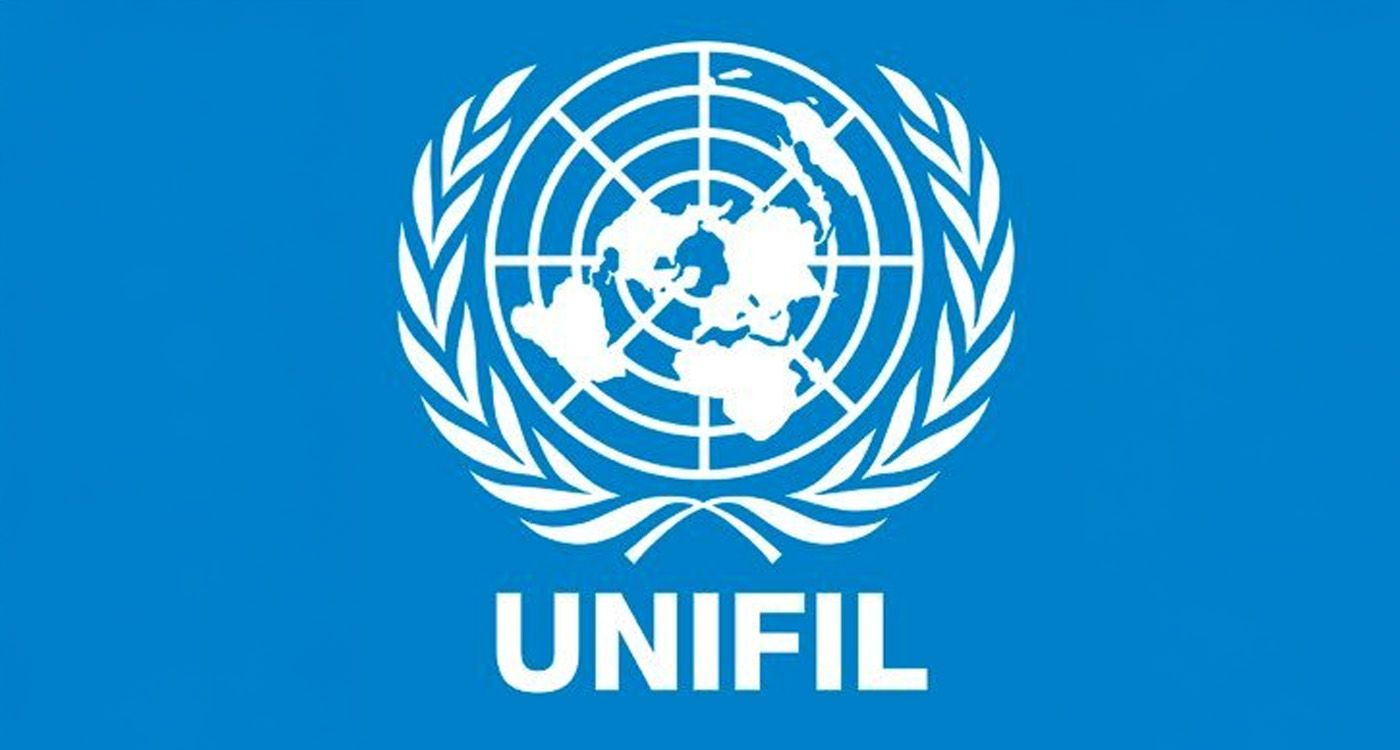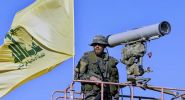
Will UNIFIL’s presence in southern Lebanon be extended beyond August 31? The question is at the heart of diplomatic negotiations as the Security Council prepares to vote on August 25, while the mandate of the UN force expires at the end of the month.
On Monday, the UN Security Council began debating a draft resolution presented by France to extend the mandate of the United Nations Interim Force in Lebanon (UNIFIL) by one year. AFP reports that the resolution includes a provision expressing “the Security Council’s intention to work toward gradual withdrawal” of the peacekeepers so that the Lebanese government becomes the sole guarantor of security in southern Lebanon.
However, according to multiple media reports, Israel and the United States oppose extending UNIFIL’s mandate, which has been deployed along the Lebanese-Israeli border since 1978. They consider the mission ineffective and advocate for a gradual withdrawal, or even a complete end. ABC News reports that US Secretary of State Marco Rubio approved a plan to reduce UNIFIL contingents over six months, aligning with the Trump administration’s view that the mission is “an inefficient mission and a waste of money” that further “delays” the transfer of responsibilities to the Lebanese army.
Israel shares this position, particularly as it considers that UNIFIL has failed to prevent Hezbollah from establishing a military presence in southern Lebanon, in violation of Security Council Resolution 1701, which ended the July 2006 war. According to this resolution, Hezbollah was not supposed to maintain military positions south of the Litani River.
Recently, in an official letter to his US counterpart, Israeli Foreign Minister Gideon Saar called for the termination of the peacekeeping mission.
France, several European countries, and the official Lebanese government, however, insist on maintaining an international presence in southern Lebanon amid a volatile regional context to prevent a security vacuum. Lebanese President Joseph Aoun reaffirmed on Tuesday Lebanon’s commitment to keeping UNIFIL in southern Lebanon as long as necessary to fully implement Resolution 1701 and allow the army to deploy fully along the border. He also highlighted the importance of cooperation between the army, UNIFIL, and local communities.
Consequences of a US Veto
If the United States exercises its veto during the Security Council meeting, the resolution will be rejected. UNIFIL would then legally cease to exist on August 31, leaving its 10,000 troops without authority to continue their mission.
Participating countries would normally begin withdrawing their forces. A political alternative exists via the “Uniting for Peace” procedure under General Assembly Resolution 377 (1950), allowing the Assembly to address peacekeeping issues in case of a Security Council deadlock due to a veto. The Assembly can then issue recommendations and express international support for UNIFIL, but it cannot legally restore the mandate or guarantee funding. The mission would then be reduced to a symbolic, disorganized presence without a legal framework or a secured budget.
Growing Support Over the Years
With the adoption of Resolution 1701 in 2006, UNIFIL’s mandate was expanded and its personnel tripled. The mission was to support the Lebanese army and ensure the absence of armed groups, notably Hezbollah, south of the Litani, intended as a demilitarized zone.
However, its effectiveness has been questioned, especially since Hezbollah opened a southern front with Israel to support Hamas in its conflict with the Israeli state. Despite an annual budget of $553 million (down from a peak of $689 million in 2008), UNIFIL has been unable to prevent Hezbollah from expanding its military presence. Restrictions on peacekeepers’ freedom of movement and attacks, sometimes deadly, on patrols remain frequent.
According to the Washington Institute, UNIFIL has not investigated any of the 3,000 military sites targeted by Israel since October 2023. Newly discovered weapons caches have been identified by the Lebanese army or following Israeli strikes. The Washington Examiner goes further, calling the mission a “disguised assistance program” benefiting contributing countries without fulfilling its mandate.
Who Will Fund UNIFIL if Washington Pulls Out?
In 2023, the United States funded 25% of UNIFIL’s budget, totaling $143 million. According to a UN Secretary-General report (July 11), $136 million in contributions remain unpaid, already straining the mission’s finances.
Key European contributors together cover roughly 21-22% of the total budget, with France contributing about $39 million, the UK nearly $35 million, Germany around $28 million, and Italy about $17 million.
Even with a coordinated budgetary effort, if Washington does not block the mandate extension but suspends its contribution, it would be difficult to quickly compensate for US absence, particularly since formal adjustments to contribution shares at the General Assembly would be required; a long and politically delicate process.
The Trump administration had already announced plans to reduce funding for UN missions, including humanitarian operations.
In this context, the French plan for UNIFIL seems unrealistic in the short term. The operational environment remains hostile, the mission’s effectiveness is contested, and funding is increasingly uncertain. If the United States formalizes its political and financial withdrawal, who will step in? Are European countries ready to increase their political, military, and financial engagement? Can the mission be reformed or redesigned? And most importantly, what would be the consequences of a rushed withdrawal, given that despite its limitations, UNIFIL continues to provide a minimum of stability along the border? These questions remain unanswered for now.




Comments